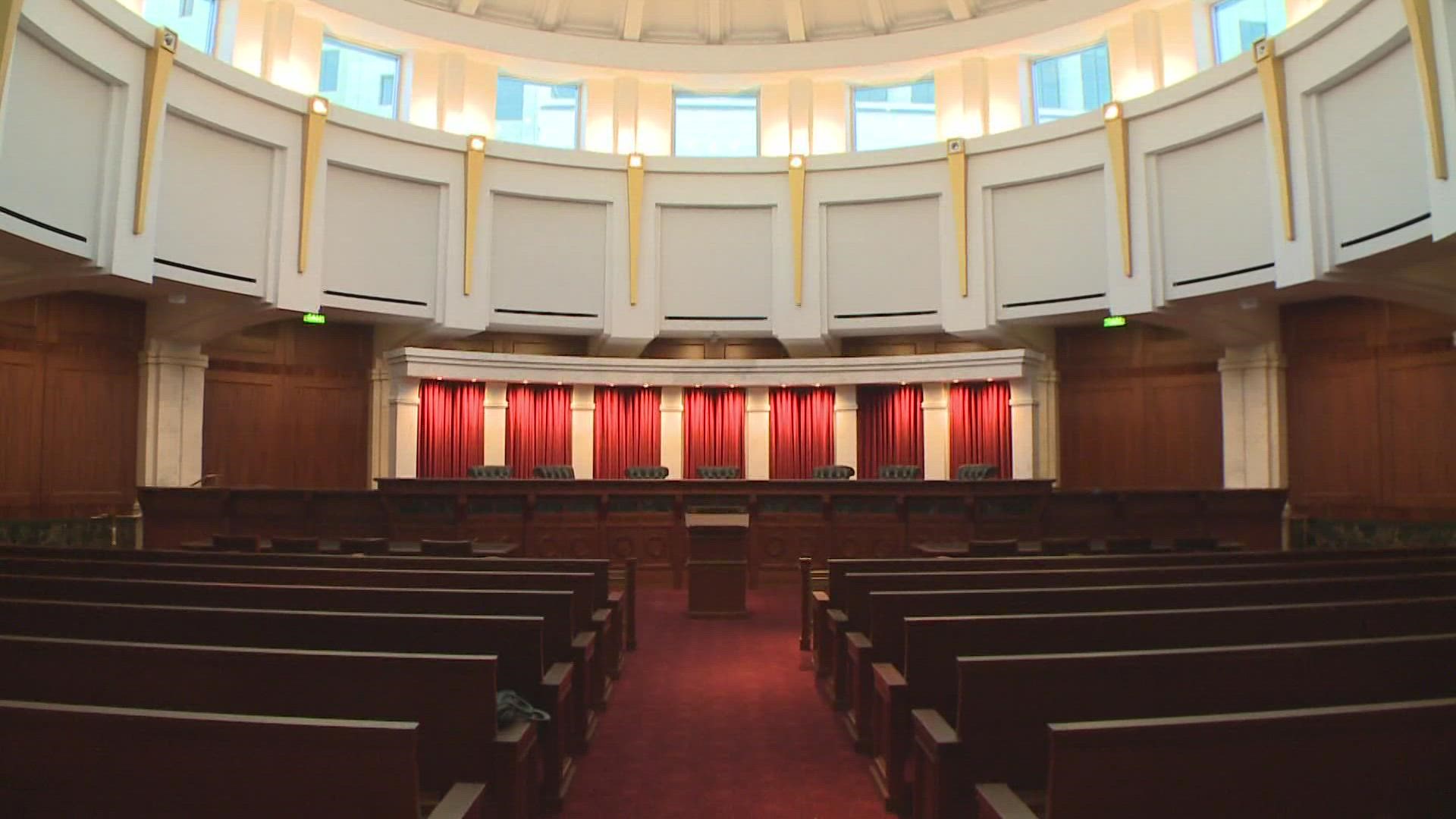DENVER — Denver attorney Jason Flores-Williams won't argue his client Larry Gomez is innocent, but he wants the Colorado Supreme Court to reconsider how he was sentenced.
“The court, when it sentenced him to 96 years in prison, it utilized, or used as a basis for that, crimes that occurred when he was a juvenile," Flores-Williams said.
Larry Gomez is 43 now. When he was 16, he committed two felonies.
“There was a robbery and a burglary," Flores-Williams said.
As an adult, Gomez was charged with possession of cocaine, and in 2013, he was convicted of attempted first-degree murder.
Gomez's convictions as a teenager came back to haunt him, multiplying his sentence under Colorado's habitual offender law.
“The court should not be taking juvenile adjudications, juvenile convictions, and using them as a basis to get people massive amounts of time," Flores-Williams said.
The so-called "three strikes law" allows judges to give aggravated sentences to people who have already committed two previous felonies.
On Monday, Flores-Williams filed a petition requesting the Colorado Supreme Court take up his client's case. He's challenging whether juvenile convictions should factor into the three strikes law.
“If the United States Supreme Court is saying, 'we cannot be giving life sentences for juveniles because we acknowledge that juveniles have a different mind, different capacities, don’t understand their consequences,' then how is it that we can be using juvenile adjudications as the basis to give somebody life sentences?” Flores-Williams said.
9NEWS legal analyst Scott Robinson said the Colorado Supreme Court accepts fewer than 5% of cases.
“If the Supreme Court takes the case for review, they will be in a position to decide as a matter of constitutional law that juvenile cases do not count towards habitual offender statutes," Robinson said.
Robinson suggested the issue could end up in debate at the Capitol before the courtroom.
“This issue has not been addressed by lawmakers, and that may be the problem for Gomez and his attorney because it may be that the Supreme Court and the Court of Appeals also are letting the legislature decide whether to change the habitual offender act to exclude juvenile convictions," Robinson said.
There's no telling when or if the Colorado Supreme Court will take up the issue, but Flores-Williams is hopeful.
“Crimes that were committed when one was a juvenile should not be used when one is an adult to give a person a massive amount of years," he said.
SUGGESTED VIDEOS: Latest from 9NEWS

